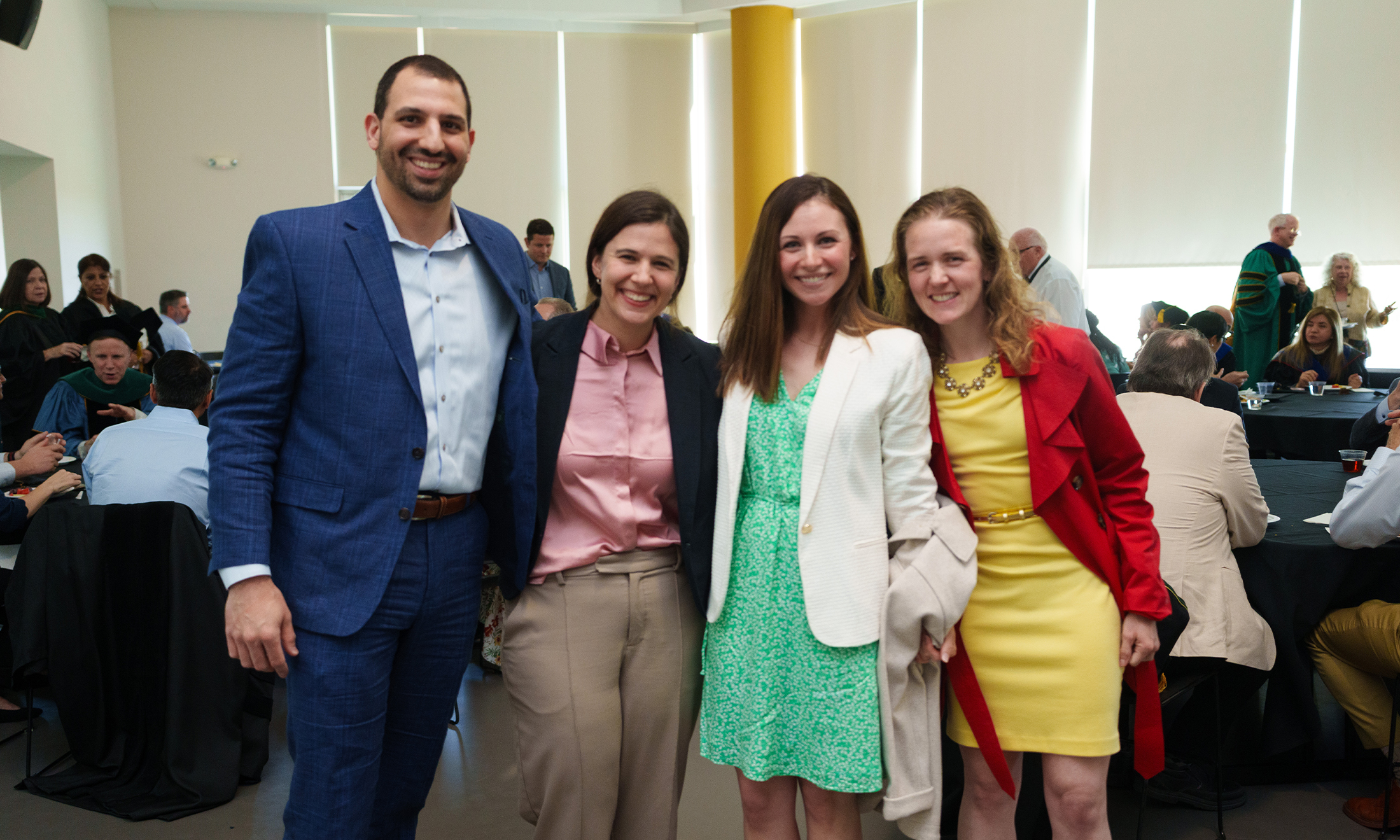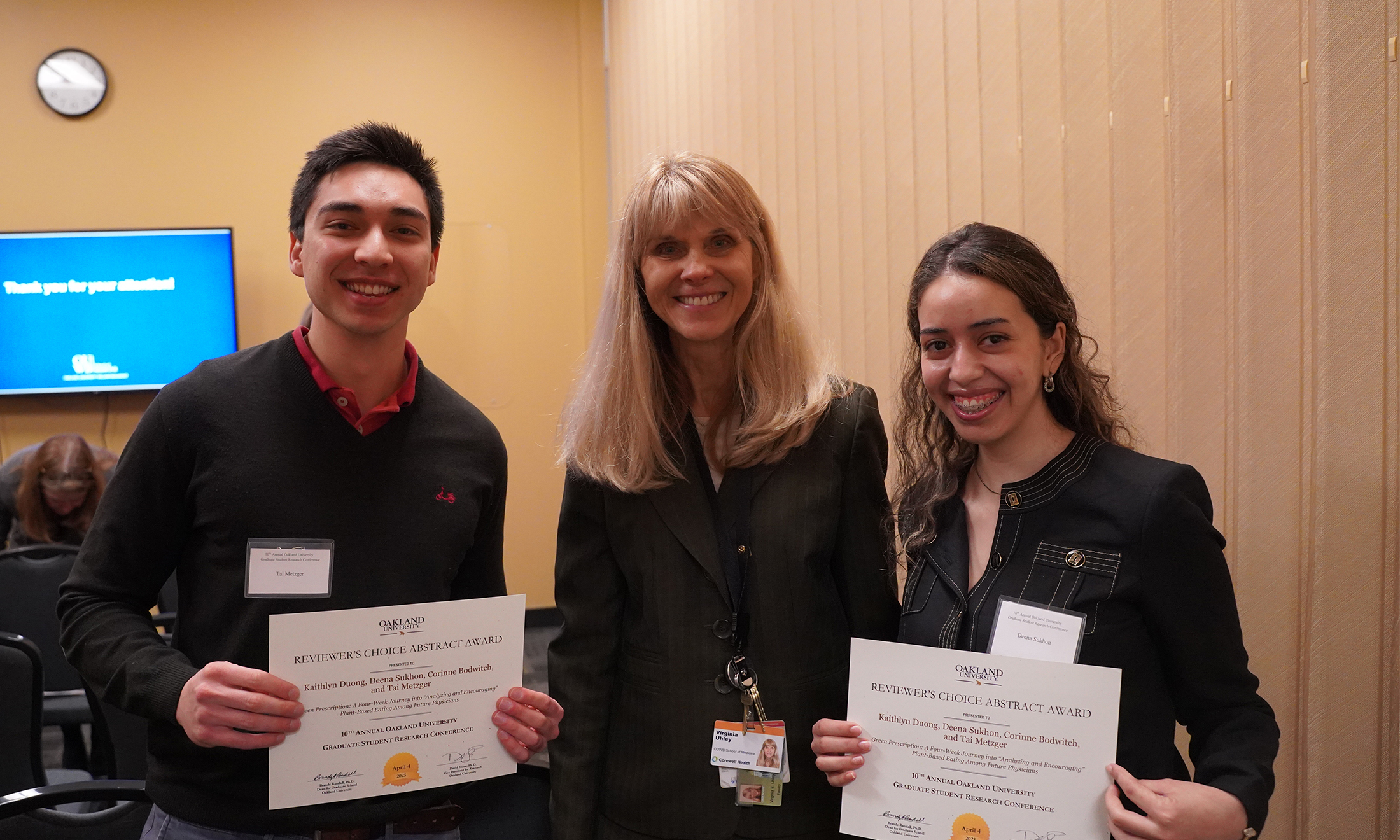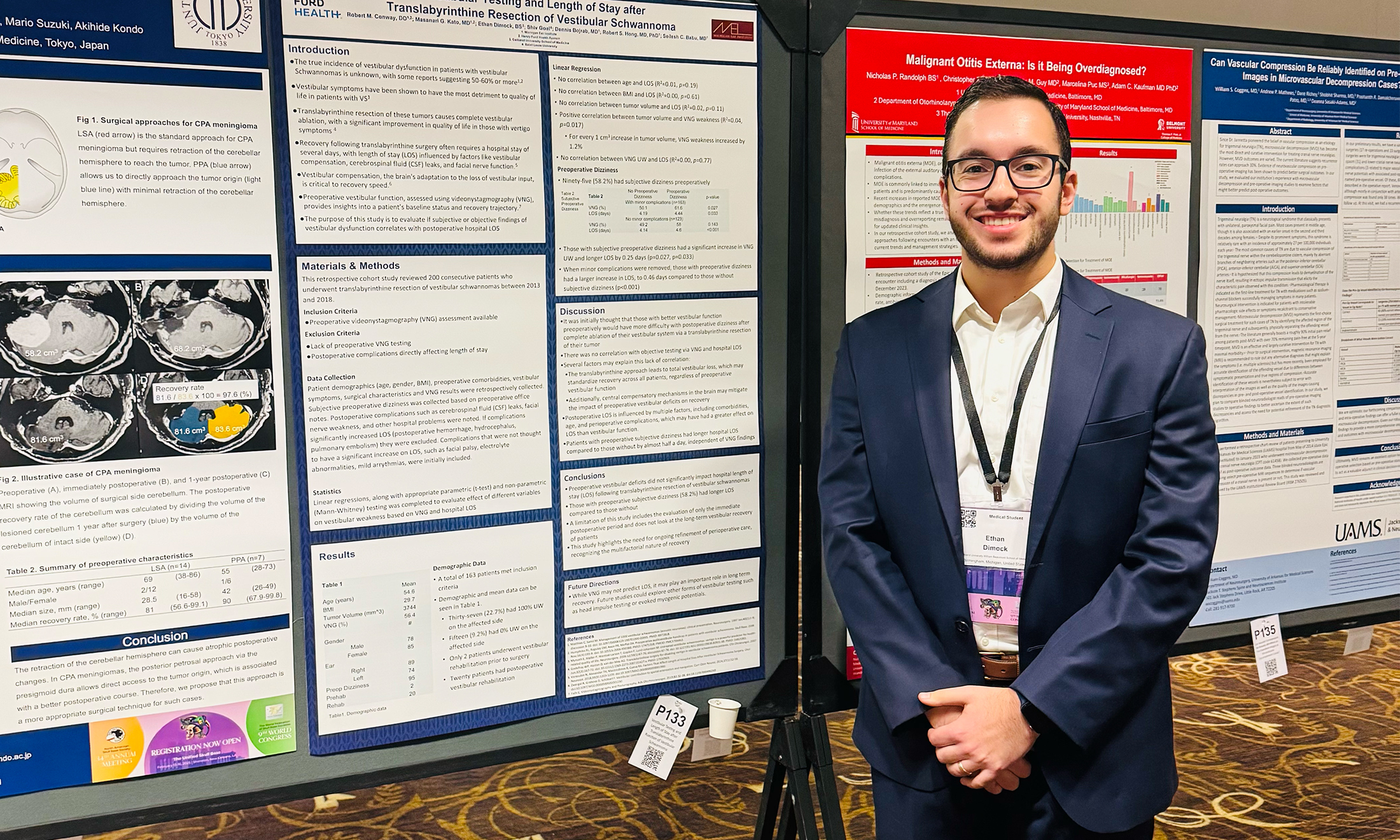Community collaboration
OUWB has been involved with the OU-Pontiac Initiative for 10 years
Community engagement and service are part of OUWB’s mission, vision, and values, and one of the best examples of the school putting it to practice is via the OU-Pontiac Initiative.
According to its website, for nearly a decade, the “OU-Pontiac Initiative (OU-PI) has been a dynamic partnership and catalyst for improving the city's birth to grade 16 education, public health, economy, workforce, neighborhoods, nonprofits and culture. Our partnership, built on trust, has brought many benefits to our faculty, students and staff as we work together with the Pontiac community for a common purpose."
Simply put, it creates a unique opportunity for OUWB to collaborate with other Oakland University schools and departments while giving back to the Pontiac community.
Rose Wedemeyer, Ph.D., D, director of education training, says OUWB has been part of the OU-PI since 2014 — and it was a continuation of work done before that.
“As soon as the university announced (the OU-PI), we were already engaged with the Pontiac community; particularly the Pontiac schools,” Wedemeyer said. “The initiative, since we were already engaged, became a collaborative way with the university to track what we were all doing in the community.”
In just one example, OUWB collaborates with the American Diabetes Association, which hosts Camp Midicha. The camp sees numerous youth from Pontiac attend, and is aimed at helping newly diagnosed juvenile diabetes patients become acclimated with the disease.
“Our students are essentially camp counselors and mentors over the course of a month,” said Jean Szura, Ph.D., director of service learning.
Students aren’t just on the ground doing service work but are also creating the plans and assessing the needs of the Pontiac community.
“Other times, we’ll have students who do needs assessment and program planning for our community partners,” Szura said.
OUWB has become a key contributor to the initiative in the last year. In March 2023, students from OUWB traveled to Harvard University alongside seven Pontiac high schoolers as they attended Harvard’s Alumni of Color Conference.
OUWB is a consistent part of the initiative’s annual town hall meeting, aimed at celebrating the work done through the initiative.
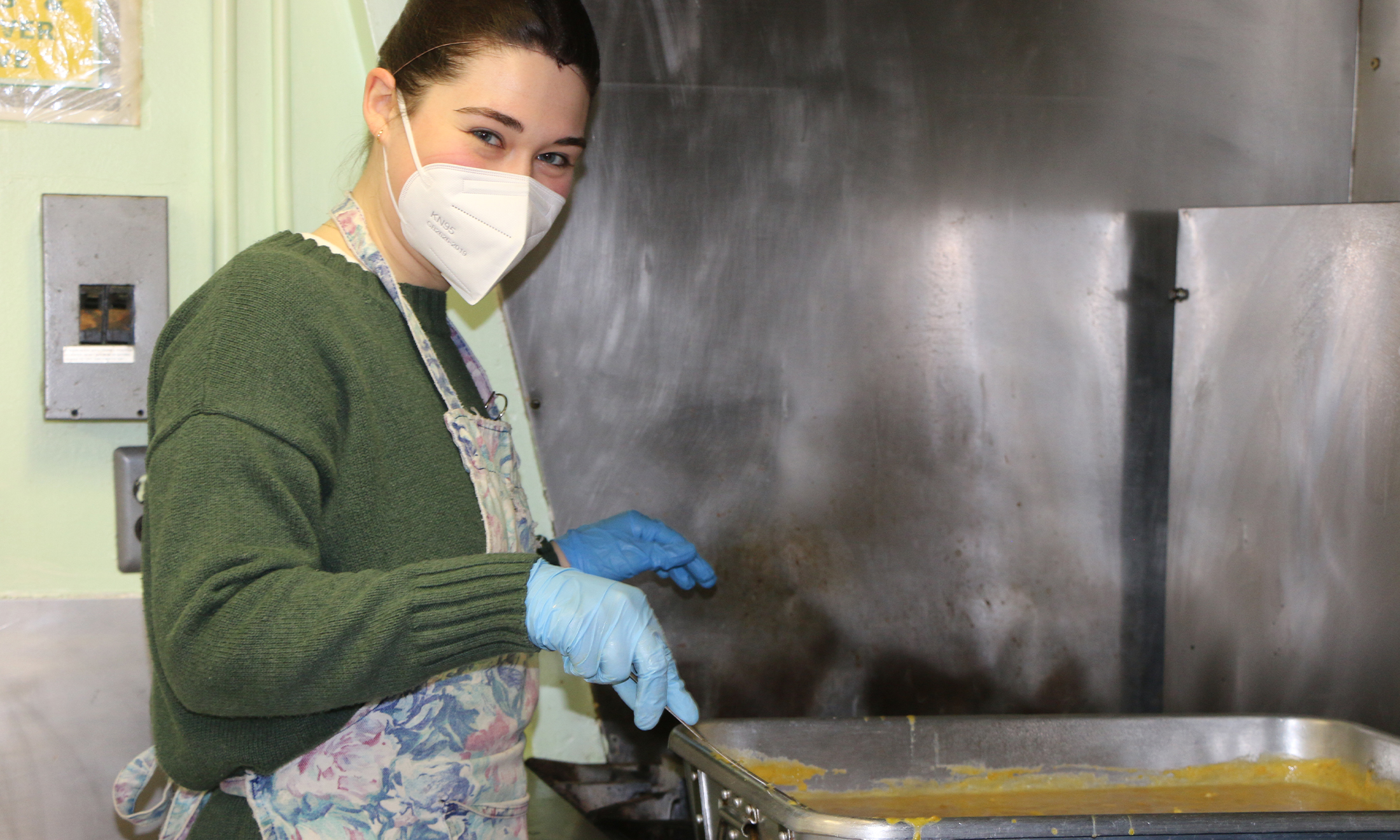
Even after attending these events, OUWB is still committed to expanding the program's scope. It hosted a breakfast with community partners on July 15 to support this goal.
“We have started smaller-scale community partner breakfasts,” said Szura. “We’re looking to get feedback from these partners. We have organizations that we work closely with, like Hope Warming Center and the Baldwin Center. We already get consistent feedback from them that our impact is felt in the community.
With the Hope Warming Center, OUWB has provided health care and education to those facing houselessness in Pontiac. Through its partnership with the Baldwin Center, OUWB has been a focal part of its wellness clinics and nutritional training.
According to Wedemeyer, through these events, the initiative gives an inimitable chance for students to work with the person who makes the patient.
“While Oakland County is one of the wealthiest counties in the United States, our neighboring community in Pontiac is very under-resourced,” Wedemeyer said. “It’s eye-opening for our students. The students who do get a chance to visit the community, it sparks something in them; they want to do more.”
Also, OUWB students are seen as role models who young Pontiac residents can strive to be one day.
“When we get our medical students in the (Pontiac) schools, the kids see ‘Hey, these medical students look like adults, but they’re not just adults. They’re students, I’m a student, why can’t I do that someday?’’' Wedemeyer said. “It sparks some hope in them.”
The work being done in schools comes as a result of OUWB expanding its methods of outreach. Internships have become a part of the school’s service in Pontiac.
“When I started in 2011, we continued an internship program that was already going, but with Wayne State students,” said Tracy Wunderlich-Barillas, Ph.D., director of research training. “In 2012, they made it exclusive to only OUWB students. That’s more on the clinical route.”
In 2014, however, OUWB branched out and offered internship programs that would get students more involved in the community.
“It started with our educational internships,” said Szura. “We knew it would be very beneficial to have students out in the community, both for our students and for our community partners.”
The initiative has also led OUWB to work with powerful individuals in the Pontiac community.
“With our work in Pontiac, we met Pastor Douglas Jones,” Wedemeyer said. “He heads up a group that includes members of nonprofits, banks and schools and its main goal is to make sure we are collectively making these efforts.”
Jones’s group is known as the Pontiac Community Coalition.
“It’s beneficial to have our students out in the community, both for our students, and our community partners,” Szura said. “That’s the goal.”
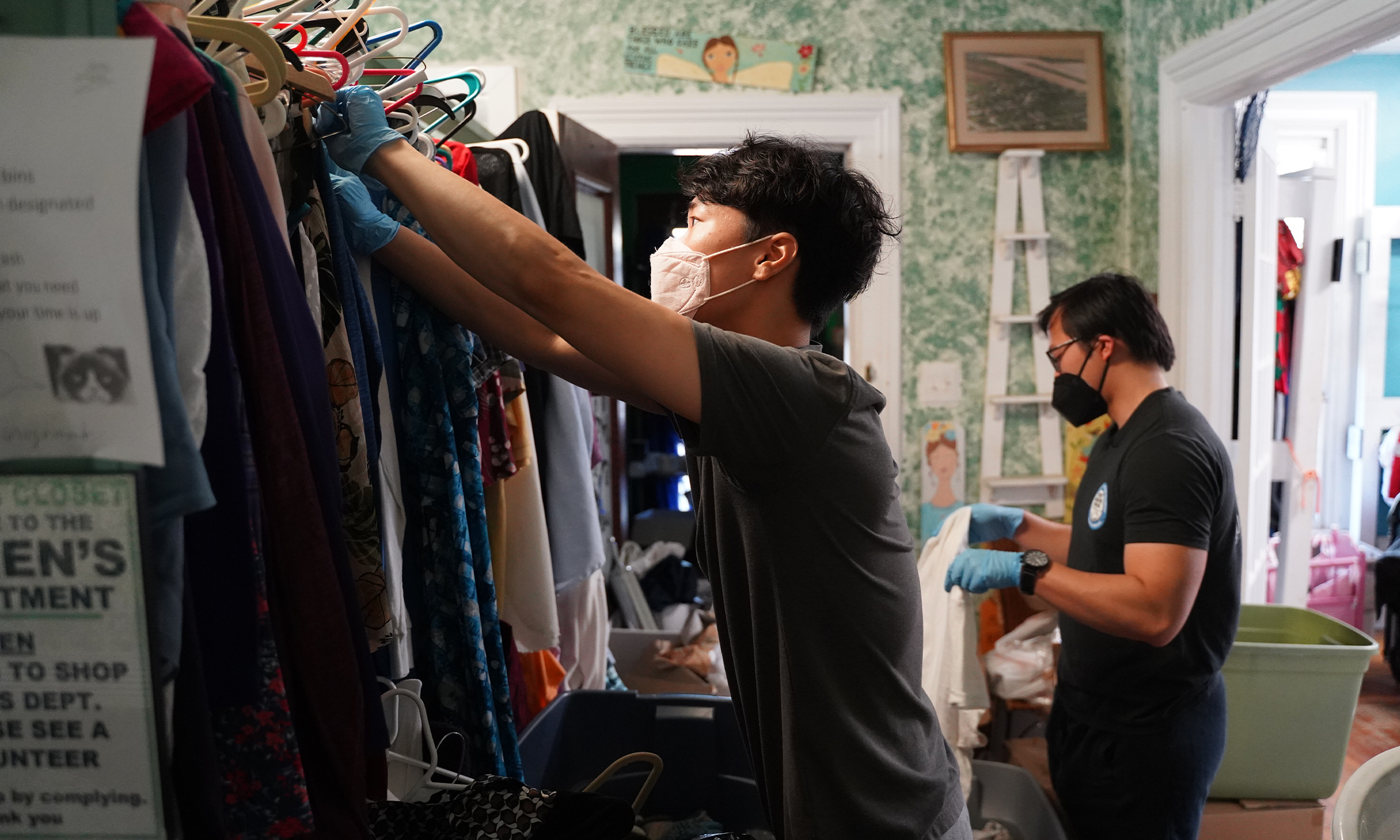
 August 07, 2024
August 07, 2024
 By Dayshawn Fields
By Dayshawn Fields